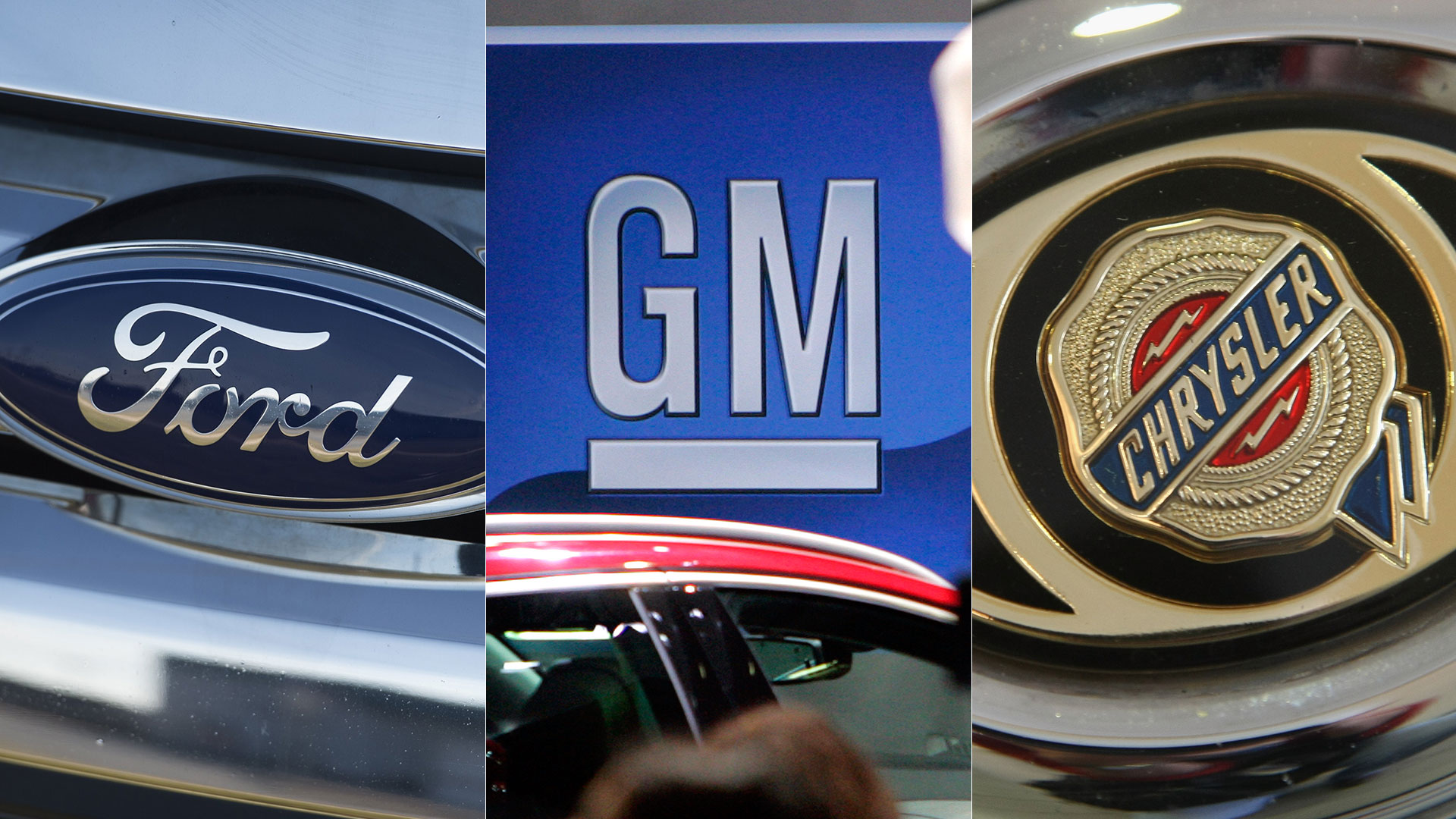

Listen up Detroit: Change is coming to the auto industry. It’s time to get in line and be a key player, or continue to fall behind and become secondary to tech companies on the brink of success.
In a recent study published by law firm Foley & Lardner, it seems that the new startups in Silicon Valley are getting a significant chunk of the love from automotive and technology executives and the “Big Three” traditional automakers simply aren’t stacking up.
Self-driving electric cars are the new cool, and tons of companies are trying to get a piece of the proverbial pie. A lot of them are startups, some never manufacturing a car before. It seems that big names in automotive are putting more faith in these smaller companies than those building on top of an empire that they’ve held for over a century. Manufacturers such as Tesla, Faraday, Fisker (again), and Lucid Motors have all been contributing to the autonomous push by baking in self-driving technology to the core feature set of vehicles.
One interesting fact about the majority of autonomous startups is that they’re not located in the middle of America’s heartland, but rather further west, in Northern California. The Foley & Lardner survey indicates that key players have recognized this trend and have put the area in their sights.

According to the study, 57 percent of participants view the technology being developed by startups are a disruption to the automotive industry as the world today knows it. The startups are being seen as competitors rather than just companies building technology, and that’s a hefty threat to big auto as it exists today. More than three-quarters of those surveyed believe that automakers will begin bundling the connected and autonomous features being developed with vehicles to incentivize the car sales.
To clarify, this doesn’t mean that all startups will succeed on their own. It takes a mix of innovation and consumerism in order to breed a fruitful company from a startup. Some companies will fail, and the technologies developed will likely be bought out and absorbed by a larger player to make up for lost time to continue competing in a bigger market space. For example, in a $15.6 billion deal earlier this year, Intel bought out Mobileye, the company Lucid Motors is using to develop its own self-driving platform. In the technology industry, it’s not uncommon for even successful companies to be bought out. There’s even an aptly-titled comedy on HBO called Silicon Valley that describes how the industry cannibalizes smaller startups just for the tech it produced.
We can deny self-driving cars all we want, say that we’ll keep driving our old cars forever and make the claim that corporate America can pry the steering wheels from our cold dead hands. But the appliances are coming to fruition at an alarming rate and eventually we won’t be able to buy new cars without autonomy. Electric cars and autonomy go hand-in-hand, and in some places of the world, the combination is getting ready to become all you can buy.
More importantly, big manufacturers need to start taking the threat seriously before they lose traction in the market. Ford has recognized the need for an autonomous program and has bundled its risk by investing not only in autonomy, but also in ride-hailing technology. This goes against the data in the Foley & Lardner report, which show that only 21 percent of those surveyed believe that vehicle ownership will decrease due to ride-hailing and rental services. Other manufacturers have also released smaller forms of driver-assist autonomy on current generation vehicles, but larger-scale autonomous test pilots have all but been kept under wraps, with several exceptions. It may be fair to say that, until a regulatory commission is established, manufacturers may be feeling rather conservative towards the matter.